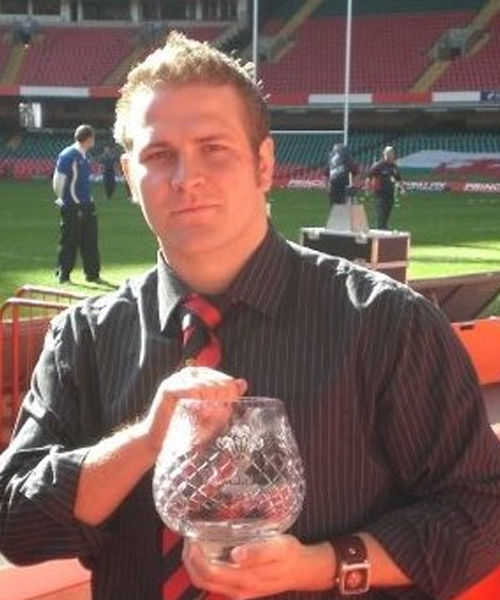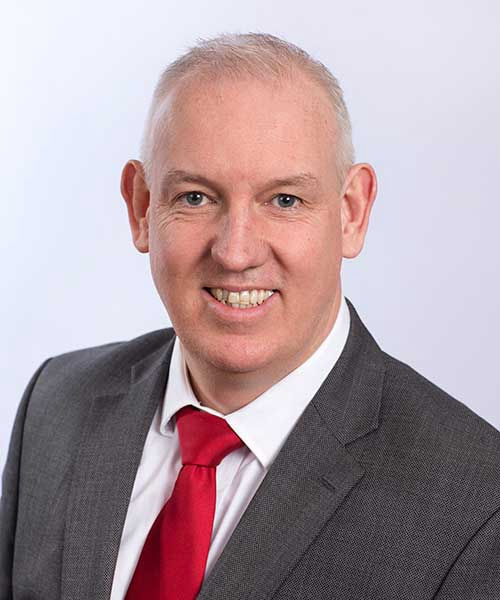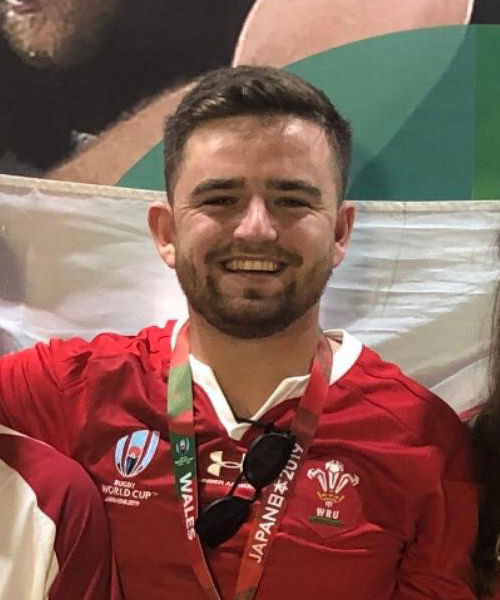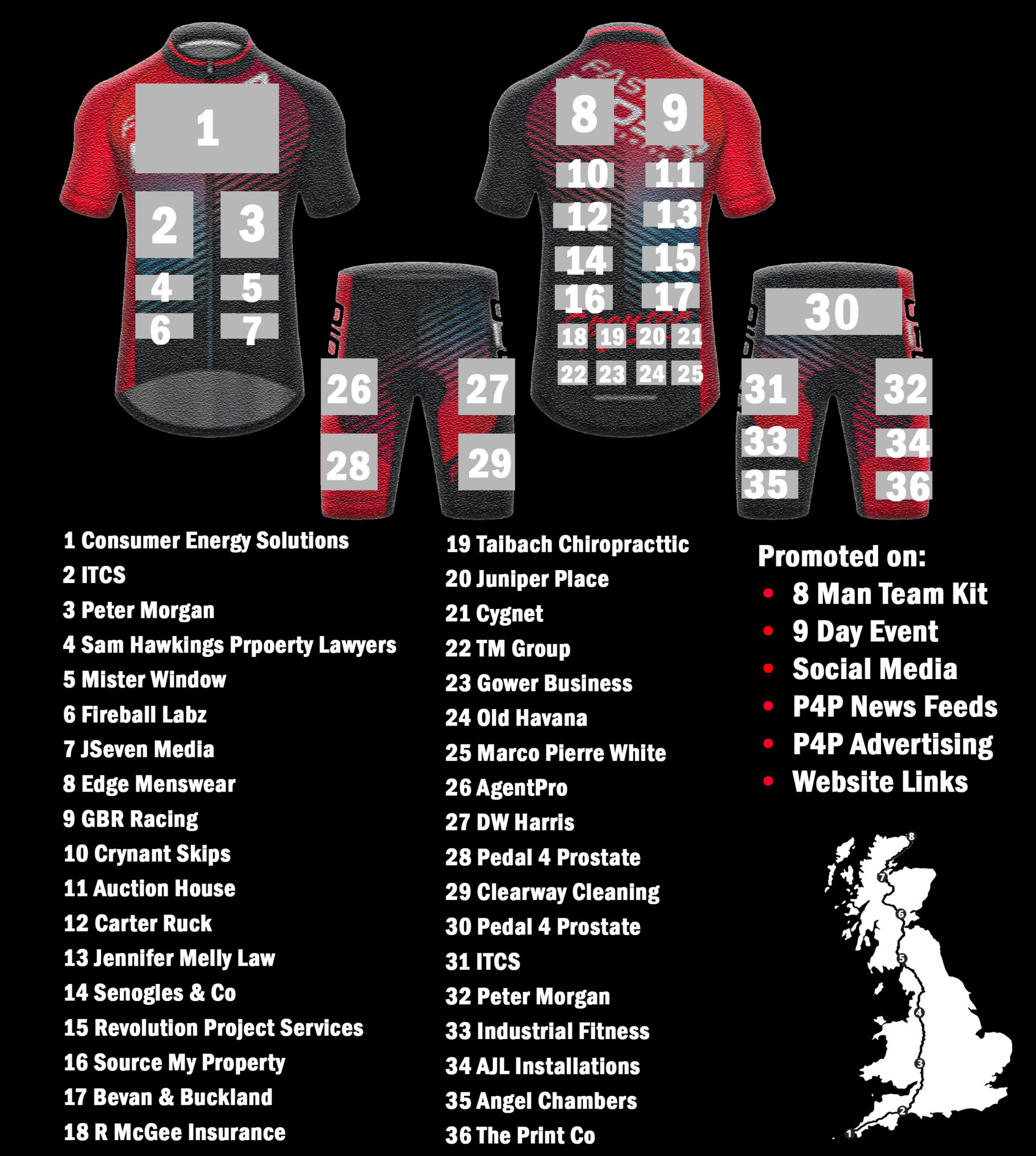Meet The Team
Here are our Six Riders

Jonathan Morgan
Jonathan Morgan
Age: 31
Location: Neath
Role: Owner of the multi branch Peter Morgan Estate Agency
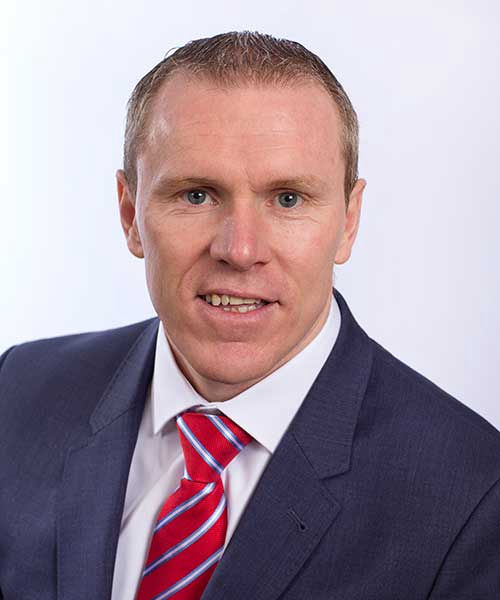
Brian Stokes
Brian Stokes
Age: 45
Location: Bridgend
Role: Managing Director ITCS - IT Support & Business Telecoms

Ben Garvey
Ben Garvey
Age: 32
Location: Port Talbot
Role: Partner Solicitor at David W Harris
Solicitors
